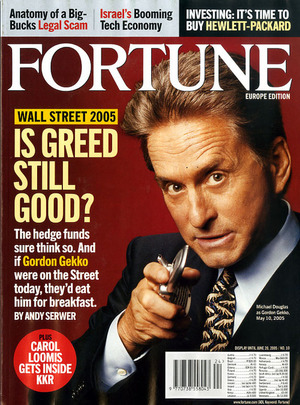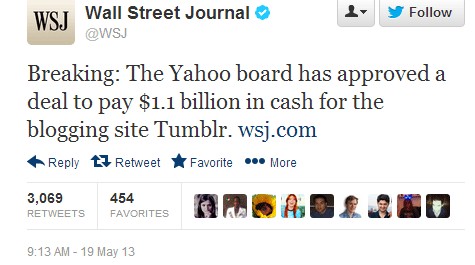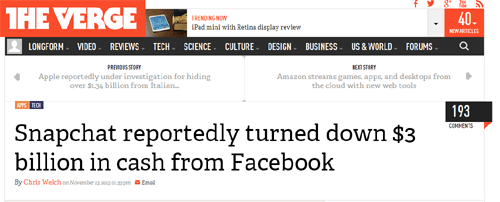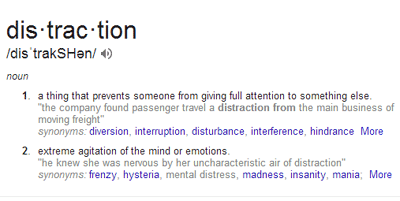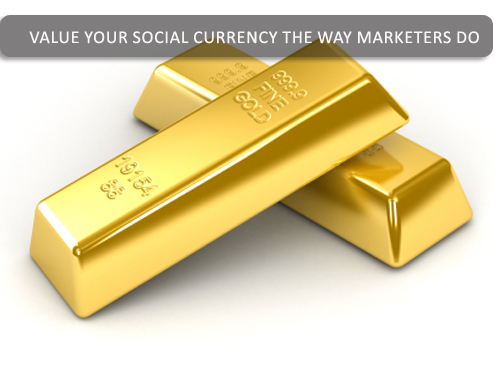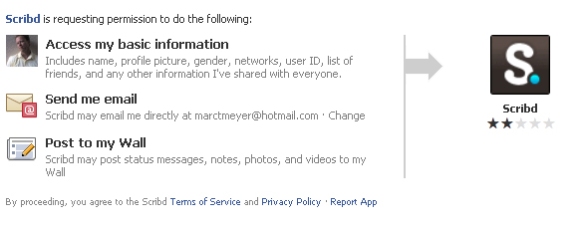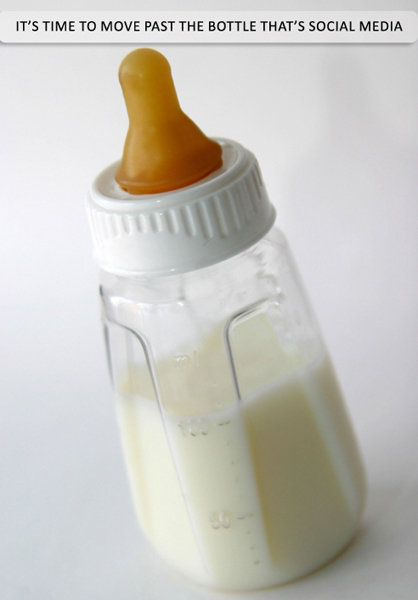
You’re thinking of leaving Facebook. I’m thinking of leaving Facebook. You want to leave because you feel like your data is not safe, the customer experience is not what it used to be and you’re creeped out by the contextual advertising and oh yea, the political vitriol. It may be time to evaluate the value of your relationship with Facebook.
You feel this way because in September of 2018 there was a data breach that affected 50 million users, and you might have been one of them. That’s a legit reason. Then there was the Cambridge Analytica scandal. You know, the one in which the political consulting firm connected to the Trump campaign, harvested the sensitive data of nearly 87 million Facebook users without their explicit permission, and then did something with it; but you’re not sure what “it” is. I’m not either, but that’s a pretty good reason to leave too.. And then there’s that whole contextual advertising thing taking place on the social network. You search for sunglasses and low and behold your Facebook pages are filled with Ray Ban ads. It IS creepy, especially when we start to fold AI into the mix (Are they listening to me?)
Regardless of your level of discontent, chances are you might be looking around and wondering out loud, is there something better? If you’re in the United States and you’re between the ages of 25 and 34, you’re wondering out loud the most, as this group has the most Facebook users at 50 million+. In Europe, the feeling is no less different. creating the global sense that Facebook users need more than what Facebook is giving. Or is it what they are taking? Depends on who you’re talking to.
The crux of the issue isn’t that you want to leave Facebook just because of the data breaches, the contextual advertising and the never-ending political finger pointing. The real raison d’être could be that you just don’t like the user experience anymore. I know I don’t. It has grown stale and repetitive. In fact, I’m willing to bet that you’ve grown weary of seeing the same people posting over and over about the same things, the same dialogue, over and over and over again. You like them as people for the most part but now they’re getting on your nerves. Just walk away you’re told, don’t log on. You try, but Facebook is everyone’s favorite dumpster fire, train wreck, car wreck, church choir, food-court, public drunk, on full display. You can’t turn away. It’s a voyeur’s delight.
Just for some perspective, do you know how many of the 2.2 billion users that Facebook has, have bailed due to the data breach? A lot. in some cases, upwards of 40% have decided to take “a break” from the social network. So my question is this. Has Facebook lost the trust of its core users or the fringe users? Forty percent is a lot.
Data breaches aside, and for some additional perspective, what do users like about the Facebook UX? For some, it’s graphic, it’s visual and it’s conversational. For others, it’s all about the connective aspect of the platform and the ability to “lurk” on what’s occurring in other peoples’ lives. Still some like the fact that the barrier of entry into the collective pulse of what is current, is low and seamless. The graphical layout is semi-easy on the eyes and the browsing experience is uber simple and it’s content rich. For many, it has replaced what AOL used to be to the masses-an internet portal into the world around us, except with more of a direct lifeline to our friends, their friends, our families, our likes and of course our dislikes. But Facebook is flawed.
As AOL eventually became overrun by “better” alternatives and we all became pretty weary of another AOL disc in the mail, this too shall pass with Facebook. Regardless of the fact that there are 2 billion active users on the social network, we will move on to something newer and shinier. It’s inevitable and the numbers are slowly starting to say the same thing.
At its peak, AOL had over 35 million active users, and though those numbers pale in comparison to Facebook, those were really big numbers back then. However, if you had told those 35 million users that eventually AOL would be deemed irrelevant in less than 10 years, they might have laughed. So what is currently out there that might replace Facebook? Here’s a list of contenders/pretenders “other” than Twitter, Instagram, LinkedIn and Snap, in no particular order. Peruse them in depth at your leisure. I don’t endorse them, I just found them.
- Diaspora
- Minds
- Raftr
- Mastodon
- Ello
- Family Wall
- Next Door
- 23 Snaps
- Edmodo
- MeWe
- Steemit
- Vero
- Sociall.io
So what will it take for these networks, or a future network to succeed? Will it be a data thing? A privacy thing? Will it be something in which we pay to play? In my opinion, it’s going to take something that is not Facebook in the least bit. Something that will be completely different and more experiential. Perhaps it’s VR or AR based. It will be equivalent of the Model T versus the horse. When Facebook came on the scene, there was nothing like it. There were things like it already such as MySpace and or Friendster, but we had seen nothing quite like it.
Clearly social networking and social networks fill a niche and a need to communicate, to share, to emote and to vent, but at what cost? When does Facebook jump the shark?

